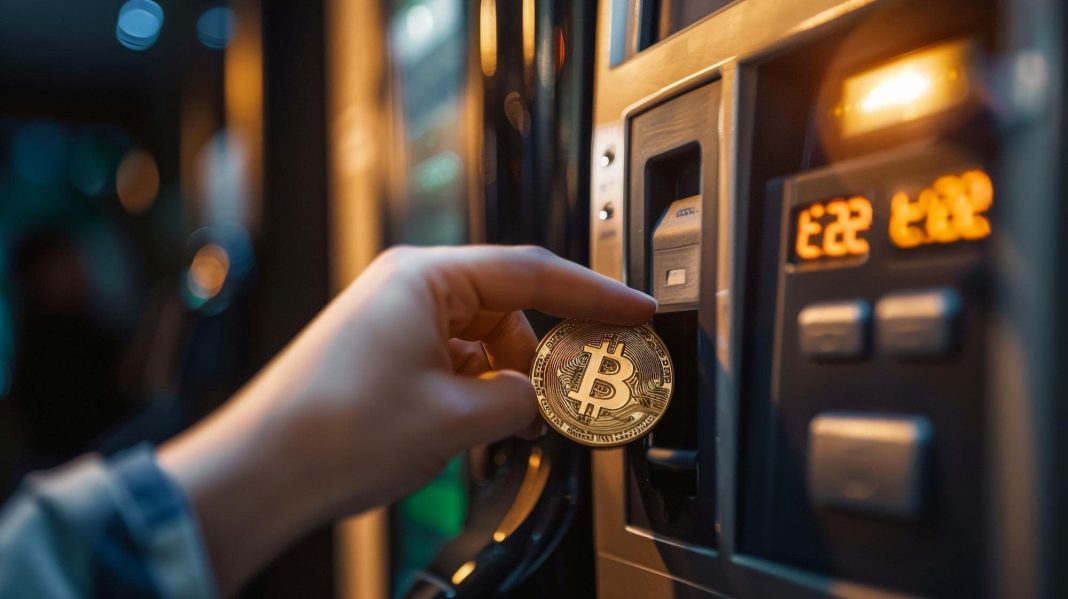There is an ongoing friction between cryptocurrency and traditional banking systems, and some thinks when German authorities have confiscated 13 Bitcoin ATMs, seizing a total of €250,000, we got another proof for this.
Be your own bank, but what will say the banks?
The action was taken by Germany’s financial regulator, BaFin, based on allegations that these ATMs were operating without the necessary licensing, raising serious concerns about potential money laundering activities.
Some industry experts think the seizure of these ATMs reflects the growing tension between cryptocurrency users and traditional financial institutions.
BaFin, viewing the operation of these ATMs as a banking service, requires such entities to obtain proper licensing.
The lack of such a license is seen as a breach of financial regulations.
Exchange devices
Bitcoin ATMs function as intermediaries between users and exchange platforms. When a user sells Bitcoin via an ATM, the transaction is typically routed through an exchange platform where the order is executed.
This process offers a quicker and more convenient alternative to traditional online exchanges, but with a bigger price.
In some cases, like those involving certain operators such as Bitomat, transactions bypass exchange platforms altogether, which raises further regulatory and monitoring concerns.
High-cost business, something for something
Operating a Bitcoin ATM involves way higher costs than digital platforms, primarily due to the physical maintenance of the machines, and the benefits of the possibly non-KYC pirchasing.
As a result, the commissions charged at these ATMs tend to be higher.
Next to the less-friendly fees, there are usually also strict limits on the amount that can be exchanged per individual over a 30-day period, reflecting both regulatory and operational challenges.
Have you read it yet? Casio + STEPN GO = 800 NFT sneakers
Disclosure:This article does not contain investment advice or recommendations. Every investment and trading move involves risk, and readers should conduct their own research when making a decision.
Kriptoworld.com accepts no liability for any errors in the articles or for any financial loss resulting from incorrect information.


